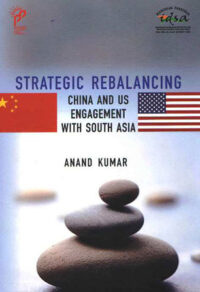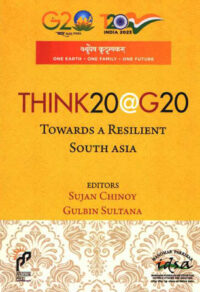India needs nuanced approach post-UNHRC Vote on Sri Lanka
It would appear that India accorded preponderance to the broader interests of national sovereignty before its final stand on the UNHRC resolution. But it also cannot be oblivious to the likelihood of parallels being drawn in the future by some countries inimical to India.
- Gautam Sen
- April 04, 2014

















